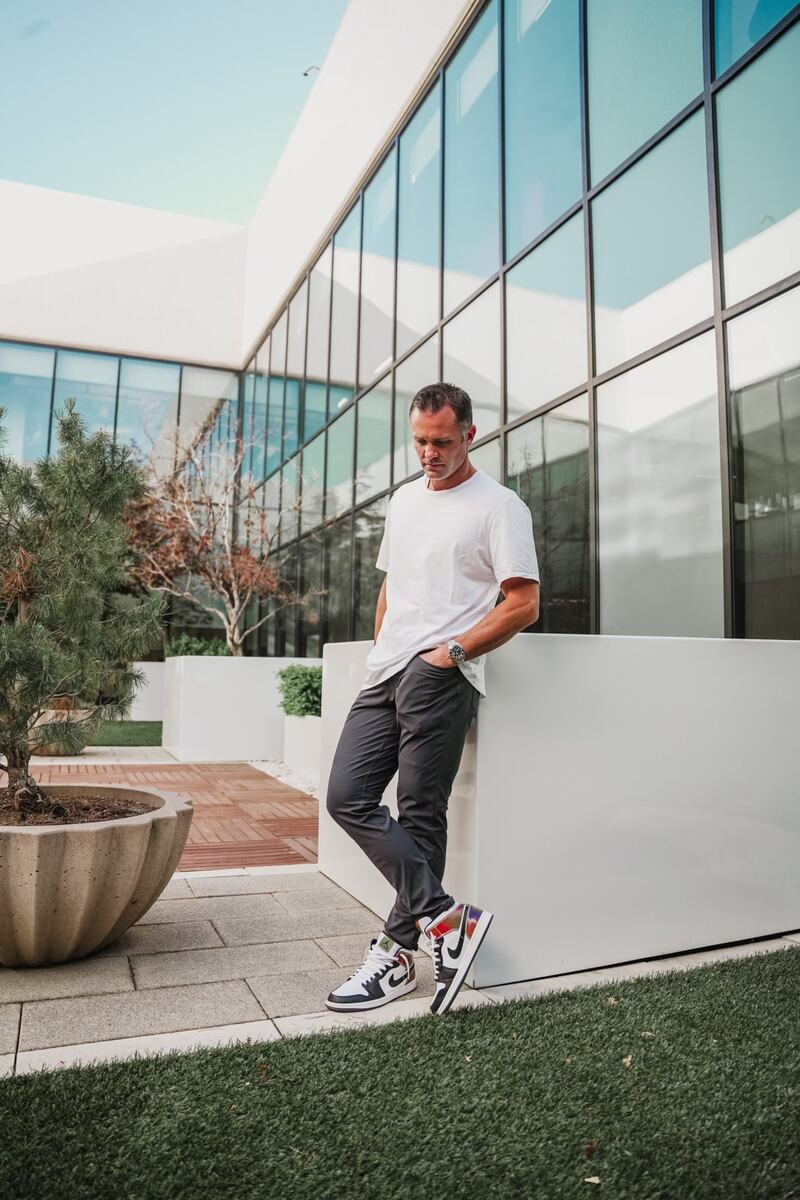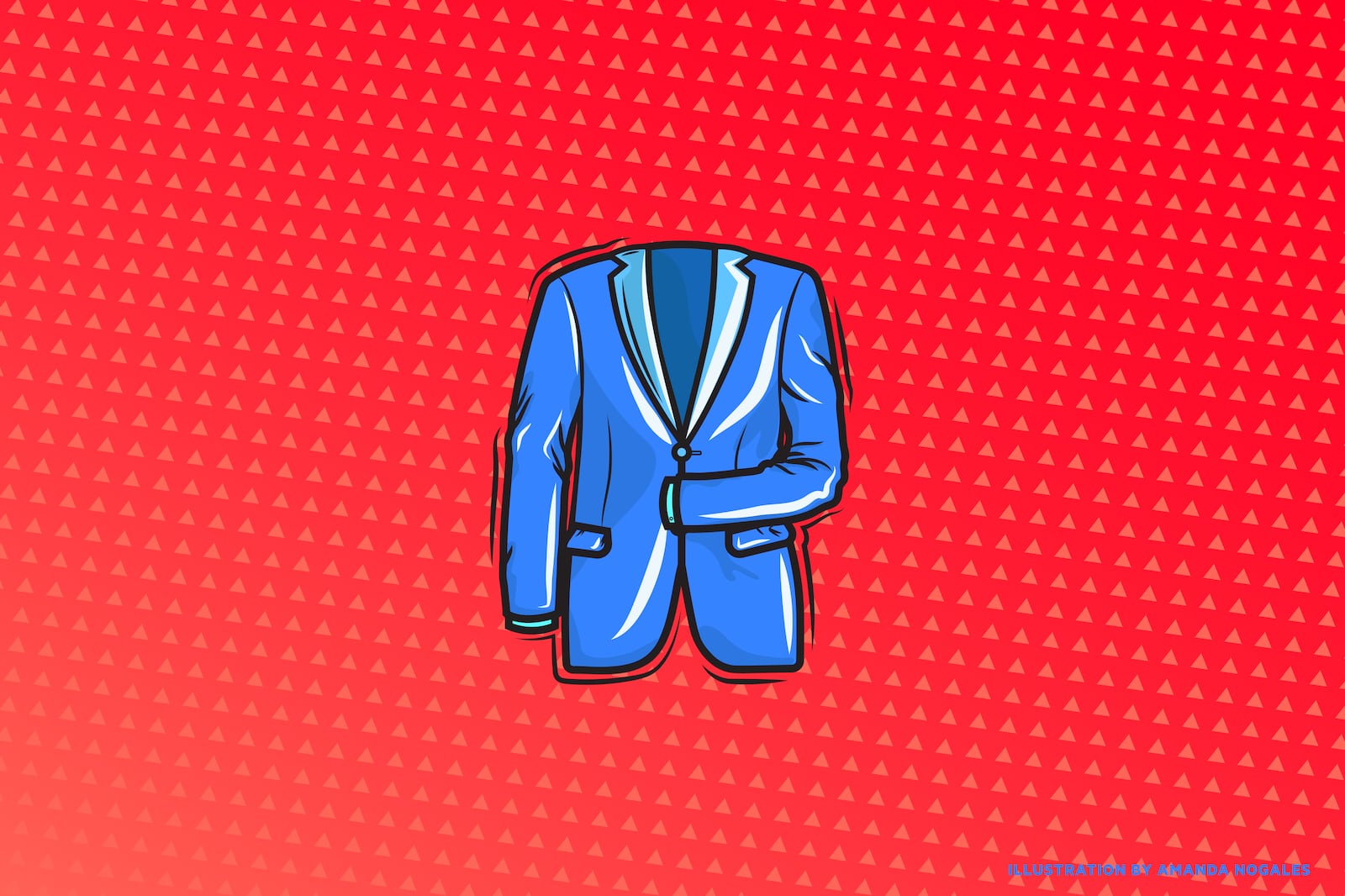The Founder Series is a column by and about Utah founders and how they got to where they are today. Click here to read past articles in the series.
I grew up in Salt Lake City and attended Davis High School in Kaysville. I played baseball at Weber State University and then served an LDS mission in Monterrey, Mexico. I remember opening my mission call and thinking, “If I’m going to go to Mexico, I’m going to work my tail off and I’m going to learn something.”
So that’s what I did. I put in 100 percent on my mission, all while staying dialed-in with the way I ate and worked out. As it turns out, my first interaction with a prospective church member was with a gym owner. I got to be such good friends with him that he gave me a bunch of old gym equipment that I ended up keeping for the duration of my mission.
When I returned home, I became a strength and conditioning coach. I had my own facility in Utah and was contracted with professional athletes and organizations. I did a little travel for them back and forth for about a year and made some money selling my practice until I went and worked for my father when I was 22 or 23.
My father was a big-time entrepreneur and I figured it would be good to work with him on special projects while I figured out what I wanted to be when I “grew up.” I never had the intention of taking over my dad’s job, even though it was a very successful business—I always had kind of an interest in real estate.
I decided to get my real estate license while working for my dad, just to have it. I wasn’t sure exactly what I wanted to do, but I did know that I did not want to sell homes. I figured it was oversaturated, and to be frank, just too many emotions for my personality. I opted for commercial real estate instead.
Commercial real estate is extremely hard; it’s one thing to get licensed but it’s another to be accepted by a good firm. Like law firms, commercial real estate is very competitive. When I first got into real estate, I would observe the commercial real estate brokers. When I got my foot in the door, I thought, “Okay, this is a good learning experience. I can learn instead of complaining and feeling sorry for myself.”

Hitting my stride in commercial real estate
I was in the business for a year and a half or so when I started to see success. I thought, “I have a really easy time making friends, and people want to go shopping with their friends, that’s just common sense.”
I figured if people are shopping for real estate, it doesn’t matter if I’ve been in the business for two years or 20 years, if I’m educated and I know what I’m talking about, it’ll work. I was also humble enough to say, “I don’t know how to do that, but you’ll have a relationship with me because you can trust me, and I’ll bring in a top dog or more educated broker to partner with me to help you—even though many people are too prideful to do that.
I always had the abundant mindset that it’s about the people I represent, and it’s about building relationships and not being transactional, but relational. And once you build those relationships, they last forever. Some of those small deals the other brokers kicked to the side and said, “Oh, I’m too good for that or it’s too small, that doesn’t even justify my time, later turned into some of the biggest companies in the Western United States and now I’m their broker! I could have easily lost them because I was too prideful or delegated too much, but I knew that if I wanted to be the best in the business, I had to learn from any deal I could get my hands on.
I did that for a couple of years and was well compensated for my efforts. I was getting 10 deals done a week and was working my tail off to build lasting relationships. I was the first one in the office and the last one home. I was super productive. I was dialed in because I had the mission of not only being the best and most respected, but I wanted to be honest and have integrity.
Eventually, I decided to take my mission statement and really build a brand off of it.
Just like every other brand, mine has evolved over time. Initially, it was the Flint Team. I didn’t have a logo or anything, but as time passed, and I started to do multi-market deals, which means deals outside of Utah and across the country, and I started to build my network, I learned there’s more than one Flint and some of the experts I hired in branding said, “Why don’t you use your full name in branding because there may be other Ryan Flints, but there are no other Ryan Flints who do what you do?”
I pushed back because I felt like I was being too much, too self-centered but then I finally just did it. I hired a top graphic designer and web designer, and we started building my brand. It all started with finding a mark that represents my mission and what I’m trying to achieve.
Today, I’m one of the few commercial brokers to have a brand within a firm’s brand—Ryan Flint Team at Colliers International, and Ryan Flint Team at Mountain West. It’s because the Ryan Flint Team gets more exposure and recognition than the big brokerage itself because of the work I have put into my brand. I soak in the gratitude that not only do I know that, and acknowledge it, but my clients, my peers, and these big brokerage leaders have always acknowledged it and supported it.
Becoming a real estate influencer
As my professional brand grew—so did my personal one. I become known as the “Lifestyle Broker.” The name came from an exclusive group of real estate entrepreneurs and executives that I’m a part of called Real Estate Avengers. I was kind of chuckling when they first called me that, but the harder I thought about it, the more I realized how true it was.
I am extremely fit, and extremely disciplined, and I am a clothes and shoe guru. I love style. My suits are always fun, that has always been my trademark from the moment I entered the industry. Everyone would always say things like, “What sport coat is Flint wearing today?” I strongly believe this ability to brand myself and my brokerage around a lifestyle is what has made me so successful.
And things really clicked as soon as I got an Instagram account and began sharing my journey there.
I had never been interested in social media up until about two years ago when someone I knew suggested I share my sport coats, sneakers, and professional expertise with the world. They said, “Hey, why don’t we start building your platform on Instagram and keep it private? We won’t do it public and we’ll do it at your speed.”
And so that’s what I did. It was that push from the people that love and care about me in the business world who said, “I wish you would share that, I wish you would start writing a book about your brand, about your story.”
Since then, my brand and brokerage have expanded to new heights—I represent a majority of the influencers in Utah. And with over 100k Instagram followers, I’ve had to accept that I too am unique, an influencer.
People always ask me if entrepreneurship is always this good. They tell me it seems like my life is perfect. Well, my life has been messy! If only you waded through the mud I’ve been through… but you know what? I’m so grateful for it because you can’t go around the mud—you’ve got to go through it!
The only reason why I’m able to wipe myself off and be happy and teach others is because I had to go through it, several times, and I’m going to go through it again, but at least I know how to get through it. It all goes back to my brand, my mission, and my principles.
At the end of the day, you’ve got to stay true to your brand. If you’re going to develop a brand, you have to stick true to who you are. Because if you change your demeanor, you are just a people pleaser and we as a society get sucked into that too much. That’s my biggest lesson. You’ve got to quit worrying about what other people think about you and letting them dictate your worth.

